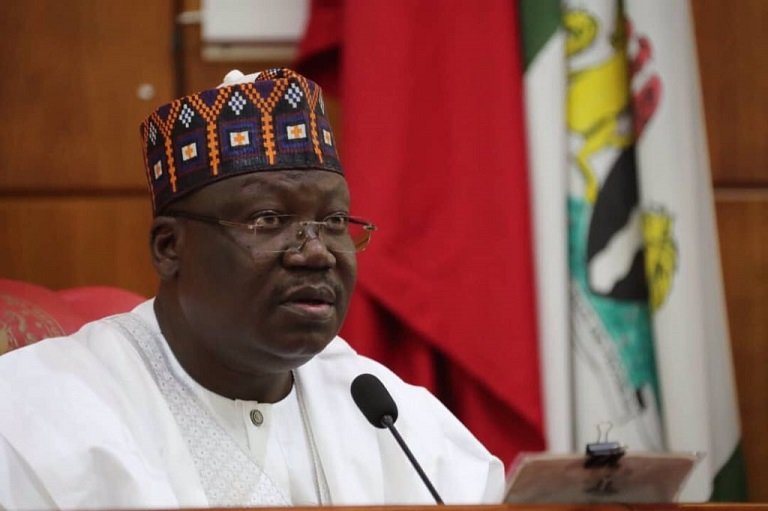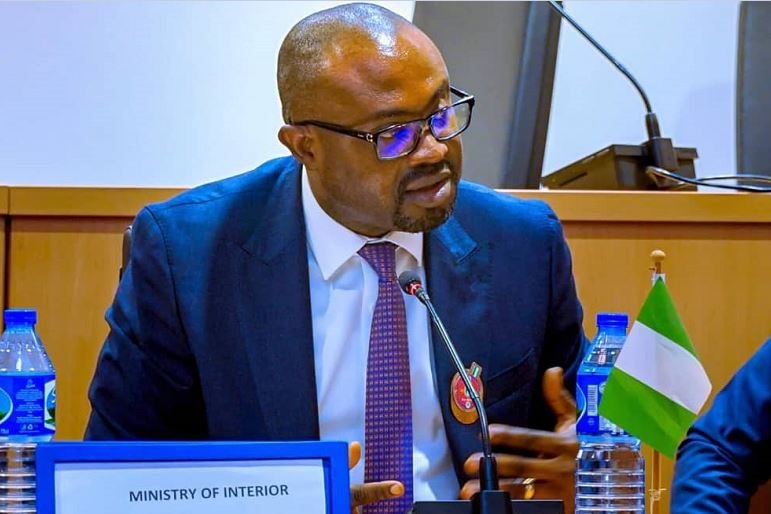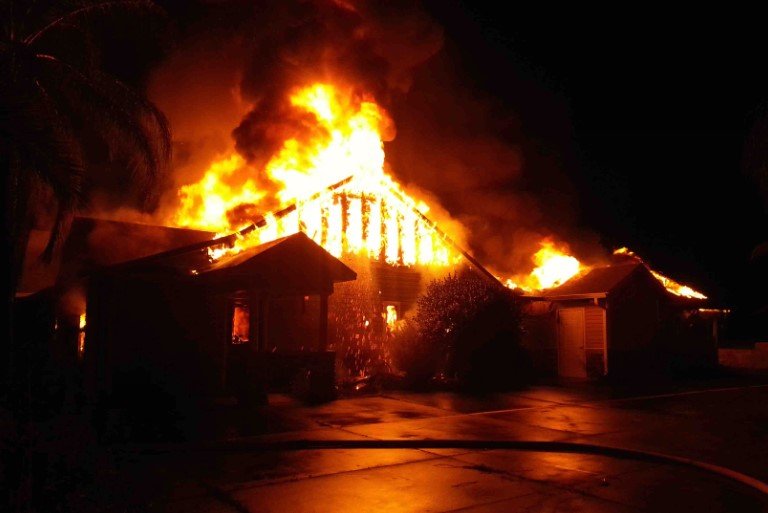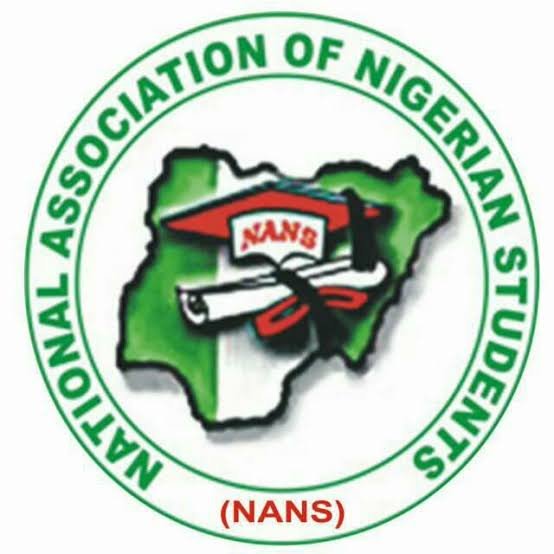Senate President Ahmad Lawan on Monday made a case for Nigeria to maintain a bi-cameral legislature consisting of the Senate and House of Representatives as presently constituted.
According to Lawan, the adoption of a bi-cameral legislature was intended to address the country’s diversity and ethnic composition to ensure justice, equity and fairness for all Nigerians irrespective of whether they are from minority or majority ethnic groups.
The Senate President gave his position on the bi-cameral legislature at the third University of Benin/National Institute for legislative and Democratic Studies (NILDS) Convocation ceremony, which held at the National Assembly, Abuja.
He added that having a uni-cameral legislature may create problems of non-representation and exclusion from governance for minority ethnic groups in the country, as well as inefficient representation for groups in the majority.
He said, “Nigeria has consciously adopted to have a bi-cameral National Assembly. It is because of who and what we are.
“The diversity of Nigeria and ethnic composition of the country requires that we have a system that provides Justice, Equity and Fair play.
“It is a conscious decision and design to ensure that everybody is represented in the country. We need bi-cameral legislature in Nigeria.”
Lawan explained that the quality of governance in Nigeria can only be improved by ensuring productivity on the part of lawmakers as against demanding for a uni-cameral legislature.
“What we should insist on is productivity. Members of the National Assembly must justify the expenditure on us. That is what we should be concerned with.
“We must be productive and we are on the way. We are on the way to proving that we are going to be productive,” he added.
Lawan recalled that only last week, the Senate passed an amendment to the Production Sharing Contracts Act of 1993, a development which would earn Nigeria $1.7 billion annually.
This, according to Lawan, was part of efforts by the National Assembly to shore-up Nigeria’s revenue as well as improve on the country’s economy in the overall interest of Nigerians.
“Before the passage of that Act, which should have been done in 2003, up till date Nigeria gets only $216m from the PSC.
The senate hoped that the House of Representatives will concur when it resumes plenary after which it will be forwarded to the President for his assent.
“Nigeria from next year alone will get $1.7 billion. That is to say we are conscious of who we are representing. We will represent Nigeria truthfully and patriotically.
“All hands must be on deck to ensure that we take 10 million Nigerians out of poverty within the next 10 years. This requires that we work with the same passion and commitment,” Lawan said.
The Senate President also charged the Federal Government to take the lead in returning about 14 million out-of-school-children back to school.
According to him, the National Assembly would complement the effort of the executive arm of government in this direction by ensuring the amendment of the Universal Basic Education (UBEC) Act.
On oversight by the National Assembly, Lawan said “This time in the 9th Senate, our oversight process and system will change. We want to have a situation where reports will be presented in plenary.”
“We want to do our work as assiduously and patriotically as possible. That is not to say that we will have unnecessary confrontation and rancour with the executive arm of government.”
“Our target for tomorrow, the 29th of October, as the last day for budget defense remains.
“We hope that from this week, the 30th of October to the 5th of November; we expect all our sub-committees of the appropriations committee to defend their budgets before the appropriation committees of the Senate and the House.
“We are desirous and determined to ensure that the budget is laid on the 28th of November this year.
“We want to ensure that we pass the budget before the end of this year by December when we will go for Christmas break.”
Lawan, while speaking on budget implementation, said the National Assembly through its oversight function will beam its searchlight on revenue generating agencies that annually fail to remit revenues to the federation account.
According to him, the non-remittance of revenues by agencies has severally left the Federal Government to explore the alternative of borrowing to fund part of the National budget.
“Today, Nigeria is challenged by availability of revenues. We can pass the budget in record time, but when it comes to implementation, that becomes subject to how much revenue we are able to realize.
“Majority of the revenue generating agencies don’t remit these revenues. They force the Nigerian government to resort to borrowing.
“The time has come for the National Assembly to continuously engage revenue generating agencies to know what their challenges are. Where they have targets, we must ensure they meet these targets. Where they don’t meet them, we should find out why,” Lawan said.











